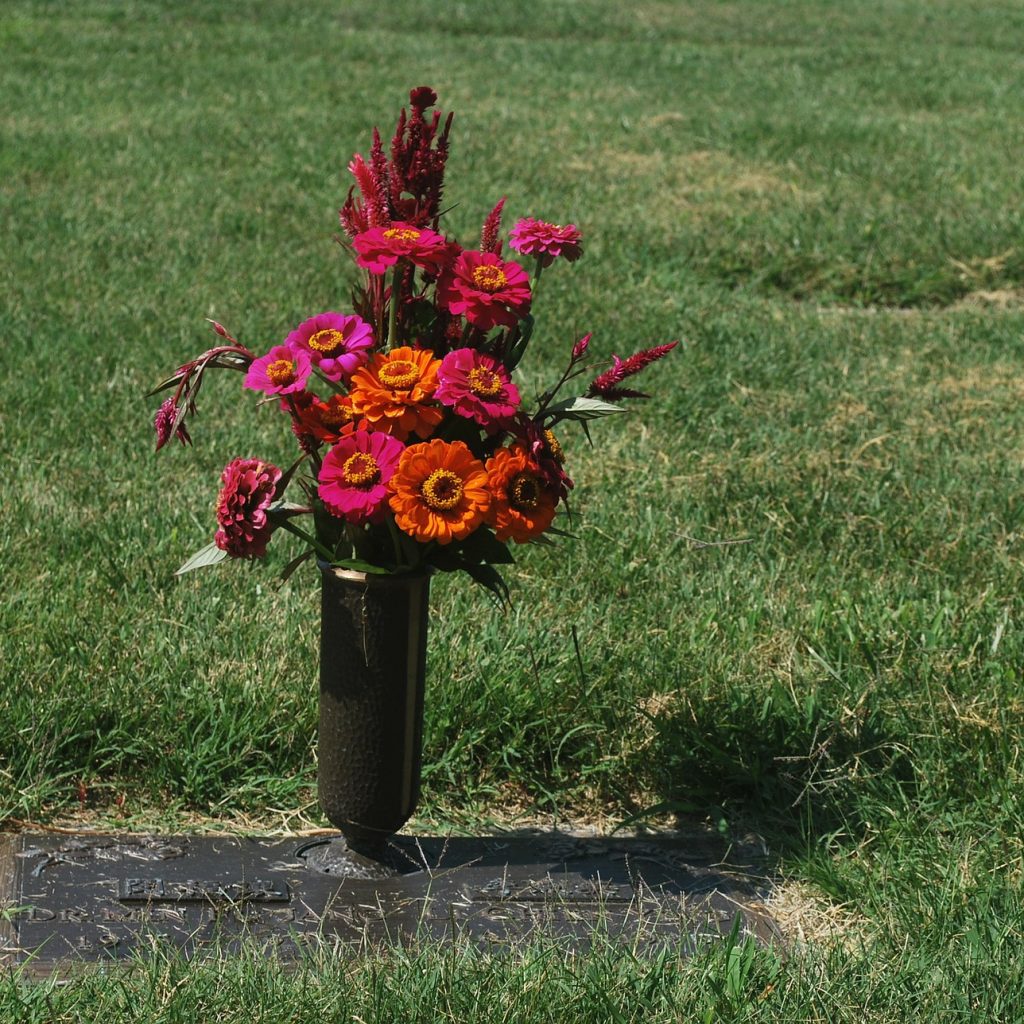Disposition Options for Cremated Remains

Many people think once a body is cremated, there is nothing more to do. Making a decision about doing something permanent with cremated remains is a very important element in the cremation process.
When the cremated remains come back from the crematory, it is up to each family as to what they wish to do with them.
Many families inter them in family plots in local cemeteries. Some cemeteries allow for two cremated remains to be buried on the same lot. Others allow for one cremated remains burial on the same lot as a full body burial.
Still other cemeteries offer special sections for the burial of cremated remains. Sometimes these sections include earth burial or columbarium options.
Columbaria are structures, usually walls, designed for the interment of cremated remains.
Many churches now offer columbarium or scattering garden options to their members. Some churches make these options available to non-members as well.
The opening and closing of a grave for cremated remains is considerably less than opening and closing a full grave. Selecting burial of the cremated remains provides a permanent place for the individual to be memorialized, and a place for family members to go and remember their loved one.
Scattering is another option. You may scatter on your own property. If you wish to scatter on someone else’s property it is important that you seek permission prior to doing so. If the land where you wish to scatter is public, you should seek permission from the governing authorities before scattering.
The State of Michigan has no laws regarding scattering on waterways. Federal law states that spreading ashes on the sea, which is considered a burial at sea, must be done at least 3 miles away from the shore. Federal law also requires that you report the burial at sea to the closest Environmental Protection Agency office within a month of the burial.
If you scatter on a lake within a state park, the Clean Water Act also governs scattering in inland waters such as rivers or lakes. You may be required to obtain a permit from the state agency that manages the waterway.
Spreading ashes in inland waterways, such as rivers and lakes, falls under the Clean Water Act and may require a permit from the local government. These laws are designed to protect waterways from pollution and because cremated human remains are not a health hazard, it is not usually enforced in these cases.
Some families choose to keep the cremated remains at home with them. This is only a temporary solution. At some point something more permanent will need to be done with the cremated remains.
If you are considering cremation, we urge you to give consideration to what your final solution will be. Please speak frankly with us and we can help you find a meaningful and affordable solution.
